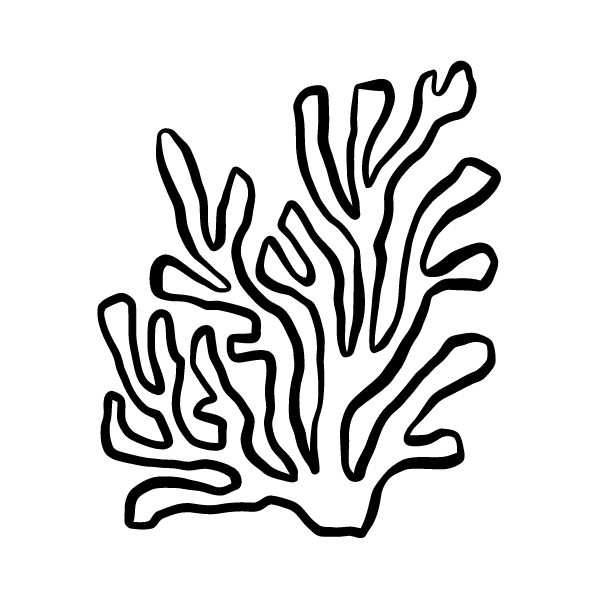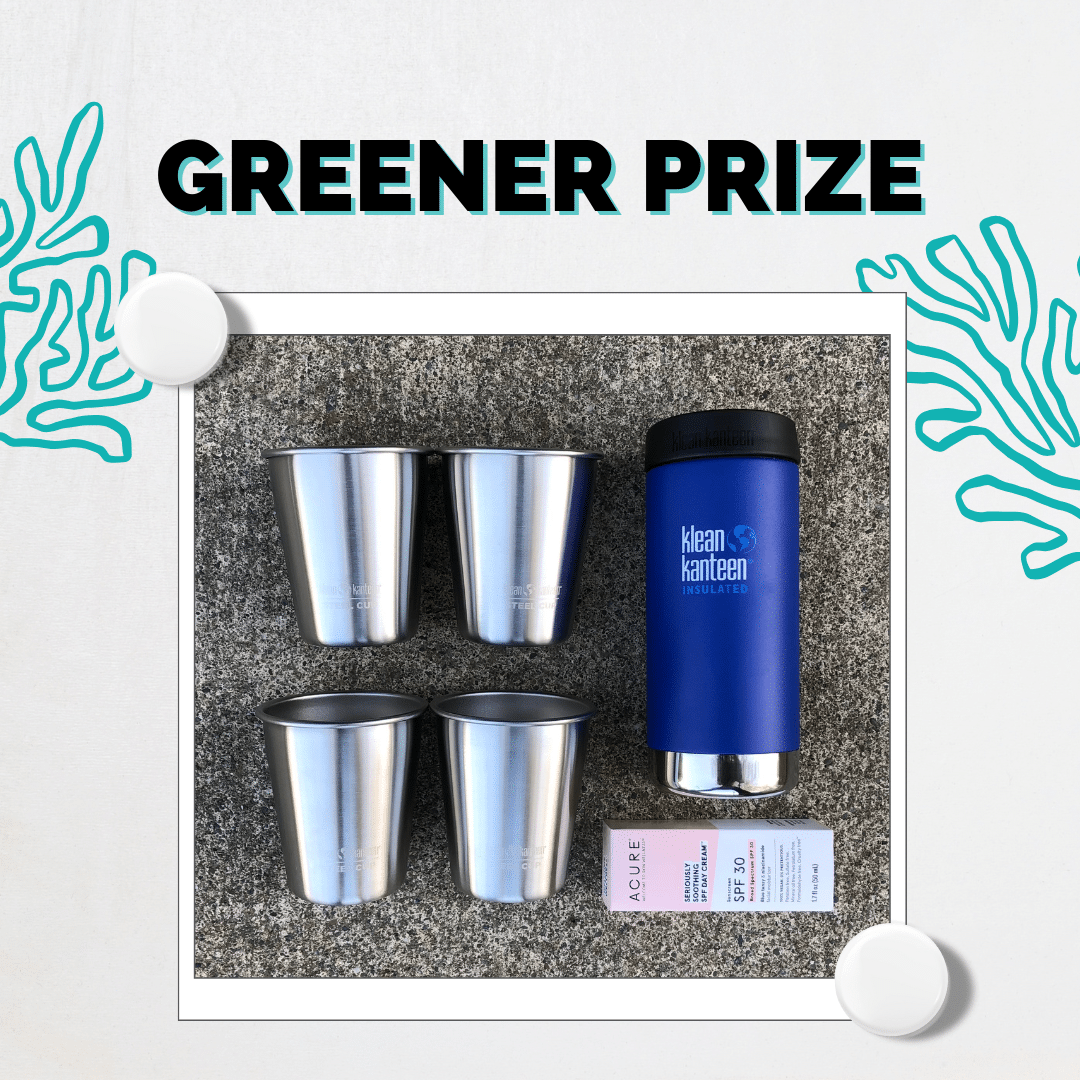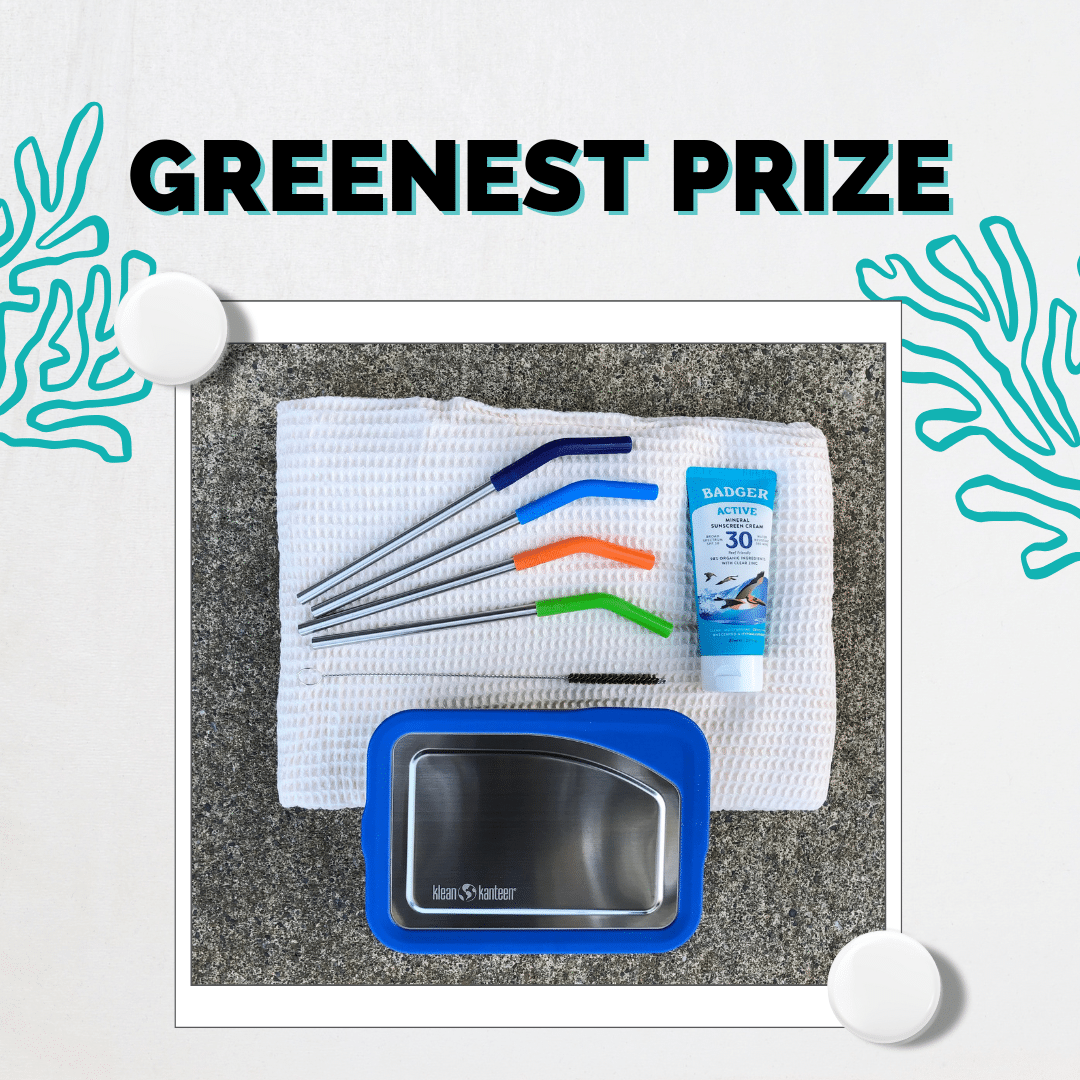
Why is protecting the ocean important for a liveable planet?
Encircling every landmass and influencing culture around the world, our oceans connect us and provide food, oxygen, and habitat for millions of known and unknown organisms. Did you know that the ocean has waterfalls and lakes inside of it? Or that the planet’s longest mountain range is underwater and 10 times longer than the Andes? Or that the majority of life on earth is aquatic? We’ve only mapped 25% of the ocean, yet what we have discovered thus far is mind-blowing.
Oceans regulate our planet by absorbing heat from the atmosphere, which influences local and global weather patterns. As our atmosphere warms, the ocean struggles to hold extra carbon. The amount of heat stored in the ocean has drastically increased since the 1950s, leading to increased severity and frequency of tropical storms and other weather phenomena. We cannot live without the ocean, and yet humans are continuing to threaten the lifeblood of our planet.
Warming water also has direct, negative impacts on marine life. The ocean stores huge amounts of CO2, but too much can increase acidity in the water. Ocean acidification harms aquatic animals, especially shell build creatures like clams and corals. Although coral reefs use less than one percent of the ocean floor, they provide essential nutrients and habitat for more than one-quarter of all sea life. Corals also protect coastlines from severe storms and are major fixtures in the tourism and fishing industries. Sadly, scientists estimate that about 50% of all coral reefs have died in only the past three decades. Two new bacteria were recently discovered in the Great Barrier Reef, and scientists are optimistic that the bacteria may help protect the reef system.

Beyond coral reefs, mangrove forests protect our coastlines and planet, acting as natural barriers against sea level rise, providing ecosystems for thousands of species, and removing excess carbon from the atmosphere. Take Kiribati for example. The small island country sits only six feet above sea level, meaning that it could be destroyed as a result of sea level rise by 2100. Last year, the World Bank announced a $20 million investment for Kiribati climate change resilience in the form of stronger sea wall infrastructure and the planting of mangrove forests! This investment is a strong starting point, and with further education and community support, rehabilitation is possible.
“Far and away, the greatest threat to the ocean, and thus to ourselves, is ignorance. But we can do something about that.”
— Sylvia Earle, marine biologist, author, and explorer
The immensity of the ocean makes it difficult to observe and measure immediate effects of climate change. But one thing we can see in seas and along coasts is plastic and oil pollution — and there is much much more that we cannot see located far from shore, under the surface, broken down into microparticles and nanoparticles. Every year, our oceans are polluted with more than 13 million additional tons of plastic, including massive amounts of waste from the fishing industry. By 2040, the total amount of plastic in the ocean is expected to reach 600 million tons.
Many organizations are working to protect our oceans. Understanding this problem and the impacts of pollution is our partner 5 Gyres’ mission and an essential part of finding sustainable solutions for the future. Action must be taken by everyday people like us, as well as governments and industry on a massive scale.
Protecting the ocean, tackling the climate crisis, and fueling the movement for a more just, equitable planet will take us all. Our partner, Only One, provides a platform for stories, solutions and community action to recraft the future. Groups around the world are working to minimize threats to diverse ocean habitats. Many nations are creating marine protected areas to conserve specific locations by restricting human activity and monitoring local marine life.
One critical way that you can help to protect the ocean is by speaking with representatives, voting in elections and promoting messages of conservation. Additionally, you can avoid products that contain excess plastic packaging, ingredients derived from fossil fuels, microplastics, chemicals that are toxic to corals and marine life; instead choose sustainable, reef safe options.
You might also adjust your diet to eat more sustainably, save sea life, and intake less toxins from seafood. Eating a plant-based, vegan or vegetarian diet lessens negative impact on the oceans in many ways, including not supporting the highly-polluting industrial fishing industry, which threatens ocean health, species and sustainable fishing communities alike. If you choose to consume seafood, eat less and seek out more sustainable options, brands that use sustainable catch methods, and options that are not overfished or under regulated. Keep learning about ocean conservation, take meaningful action and share your knowledge! The ocean needs all of us to protect it and life on Earth.
Scientists estimate that there are currently 100 million metric tons of plastic in the oceans. Plastic pollution harms and often kills marine life, particularly when organisms ingest toxins or get caught in or trapped by waste.
Read this article by Only One about concerns related to plastics in the ocean. Write a brief response in 300 words or less that includes:
Share how YOU can personally be part of the solution to rid ocean plastic pollution on Instagram with a photo. Caption it with something you learned during that will resonate with your audience. Tag @TurningGreenOrg and @OnlyOne, as well as #PGC2023 and #plasticfree.
Upload your results and responses in a PDF document including a screenshot of your social post. Include your name (or team name), username, and school on your upload.
Submission Guidelines
Bodies of water often serve a hidden purpose that can be incredibly important! Mangroves, for example, protect against tropical storms and sea level rise, all while sequestering huge amounts of carbon from our atmosphere.
Consider the bodies of water close to you. What’s its superpower? From ocean to pond to puddle, they all serve their purpose. Consider what currently threatens it and what could happen if it was lost? Next, create a 30 second video PSA (public service announcement) or creative presentation with three things you learned and three things we can do to help protect this resource. Be sure to tag @TurningGreenOrg, @OnlyOne and #PGC2023.
Upload your responses in a PDF document including a screenshot of your social post. Include your name (or team name), username, and school on your upload to be eligible to win.
Submission Guidelines
Take a deep dive to learn from esteemed marine scientists. Watch this talk from Turning Green’s Project Green Course about challenges facing global oceans. Fiorenza Micheli, PhD is co-director of Stanford’s Center for Ocean Solutions and a marine ecologist at the Hopkins Marine Station of Stanford University. Fabiola Rivera Irizarry is a marine scientist in Puerto Rico working to bring coral reefs back to life. As oceans capture at least one-third of carbon emitted by human activity, they are valuable caretakers of our planet and humanity that need to be cared for by each of us.
Think about all you have learned during this challenge and the vital need for marine protection to achieve healthy oceans and mitigate climate change. Create an eye-opening graphical piece with a call to action (i.e. protect our reefs, save the mangroves, etc.).
Be creative with your content and medium: a flyer, story map, social media slider, video. Share actionable steps your audience can take to protect our planet’s oceans.
Upload it to Instagram with an informative caption. Be sure to tag @TurningGreenOrg, @OnlyOne, any other resources or organizations, as well as #PGC2023.
Upload your responses in a PDF document including a screenshot of your social post. Include your name (or team name), username, and school on your upload to be eligible to win.
Submission Guidelines
Up to 10 Greener and 10 Greenest outstanding submissions will be selected as winners.

